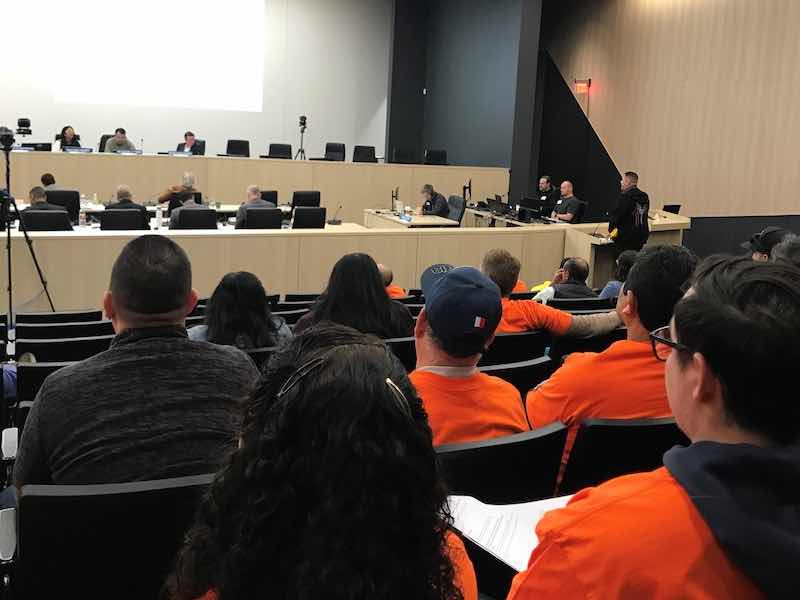Don McLean’s “American Pie” bemoans the day the music died in our country following the death of Buddy Holly and others in a 1959 plane crash.
Suffice to say, we may also be looking at the day the chrome plating industry was put on life support after California voted to ban the process in May with a vote by the California Air Resources Board.
Yes, it was one state that put its foot down — albeit some may say California put their boot on the throat of a much-needed manufacturing industry — when they voted to ban hexavlent chromium from being used in the state in the coming years.
The bigger question remains: will other states follow California’s Draconian steps as a way to appease environmental justice groups who say the finishing industry should be abolished because they are predominantly located in historically economic disadvantage neighboorhoods?
All signs point to a much bigger fight in the other 49 states in the coming years and decades. We are seeing evidence that “non-government organizations” are paying very close attention to what happened in summy California, and by all evidence those NGOs are being encouraged to insert themselves into a battle that has generally been fought between groups such as federal and state environmental groups.
Witness that in May three major instances occurred that seemingly is targeting the finishing and coating industry, and could prove as a blueprint for more actions in the near future.
In one, a California environmental justice group notified two plating shops that it intends to sue the companies because of excessive PFAS discharges. The group in Oakland filed “60-Day Notices” against the shops for what they say are high levels of PFAS, PFOA, and PFOS in the groundwater around each of the companies.
The California Office of the Attorney General will most certainly get involved in these impending legal actions as part of California’s Proposition 65 provisions.
In another, a Minnesota chrome plating facility is paying $1.375 million as part of a settlement with the state for releasing hexavalent chromium and PFAS that officials sat reached nearby lakes.
Meanwhile, Minneapolis is planning to ban any new electroplating operations from setting up shop in the city as the city’s Planning Commission voted to approve a draft rezoning resolution that would prohibit numerous businesses from starting operations within city limits, including plating shops.
That was just in May. In the past year, numerous other instances of NGOs getting involved in legal actions against plating operations have occured, and we fully expect other cities and states to take up similar actions.
The finishing industry needs to step up its defense of its operations being targeted. Some of these actions may be unconstitutional, and challenges need to be filed to right these wrongs. But who is going to do it? Trade groups? A collection of larger shops? Eventually, the industry needs to come together and mount a fight against these government and NGO entities that use bad data and the wrong science on these claims.




 Tim Pennington is Editor-in-Chief of Finishing and Coating, and has covered the industry since 2010. He has traveled extensively throughout North America visiting shops and production facilities, and meeting those who work in the industry. Tim began his career in the newspaper industry, then wound itself between the sports field with the PGA Tour and marketing and communications firms, and finally back into the publishing world in the finishing and coating sector. If you want to reach Tim, just go
Tim Pennington is Editor-in-Chief of Finishing and Coating, and has covered the industry since 2010. He has traveled extensively throughout North America visiting shops and production facilities, and meeting those who work in the industry. Tim began his career in the newspaper industry, then wound itself between the sports field with the PGA Tour and marketing and communications firms, and finally back into the publishing world in the finishing and coating sector. If you want to reach Tim, just go 


















